News Desk
Since 1996, nearly 50 new feathered dinosaur species have emerged from the fossil fields of China. Paleontologists thought they had a good idea of the diversity of these fluffy carnivores. But a recent finding left them scratching their heads.
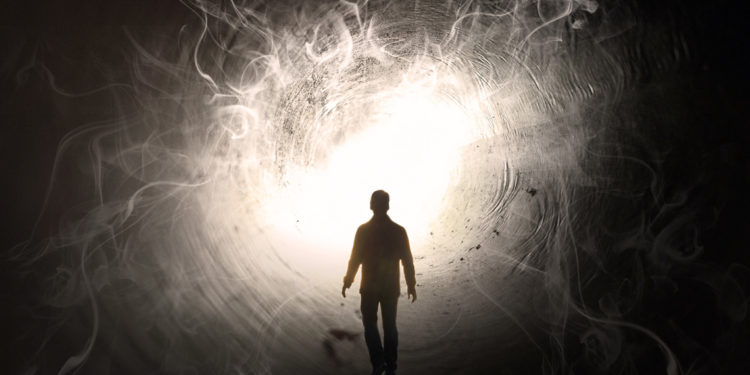
A recent new study compares the transformational effects of NDEs and psychedelics, conducted by researchers at John Hopkins University School of Medicine in the US.
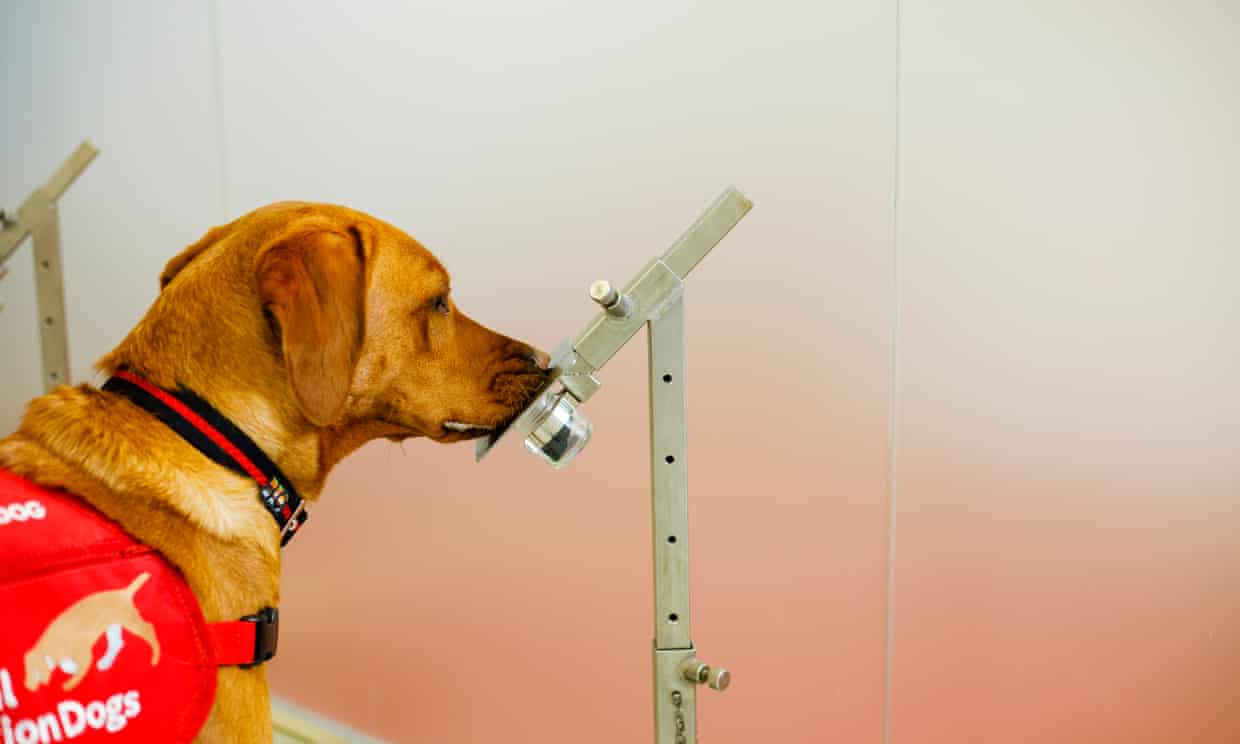
Whether it’s a tricky maths problem or an unexpected bill, daily life is full of stressful experiences. Now researchers have found that humans produce a different odour when under pressure – and dogs can sniff it out.

The first map of the “galactic underworld”—a chart of the corpses of once massive suns that have since collapsed into black holes and neutron stars—has revealed a graveyard that stretches three times the height of the Milky Way, and that almost a third of the objects have been flung out from the galaxy altogether.
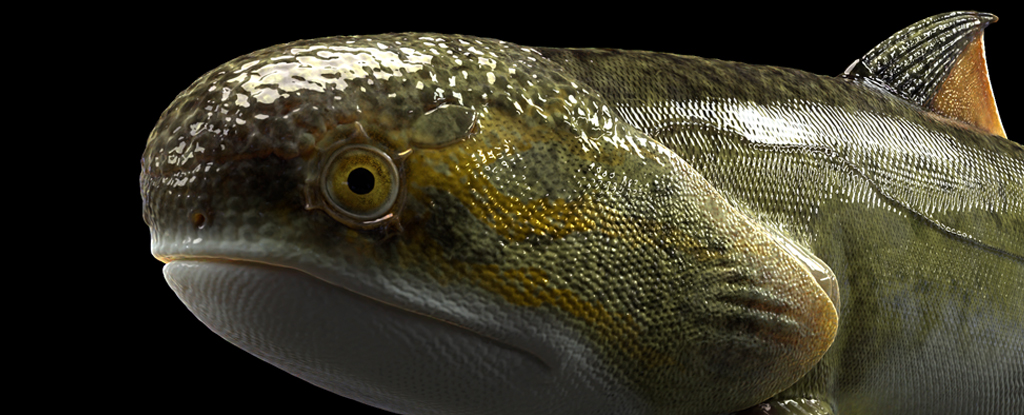
Road excavations in China’s Guizhou Province have unearthed a trove of ancient fish fossils. As a part of rock layers known as the Rongxi Formation, the newfossil bed is filled with never-before-seen species that push back the dates of our first jawed animal ancestors by about 15 million years.
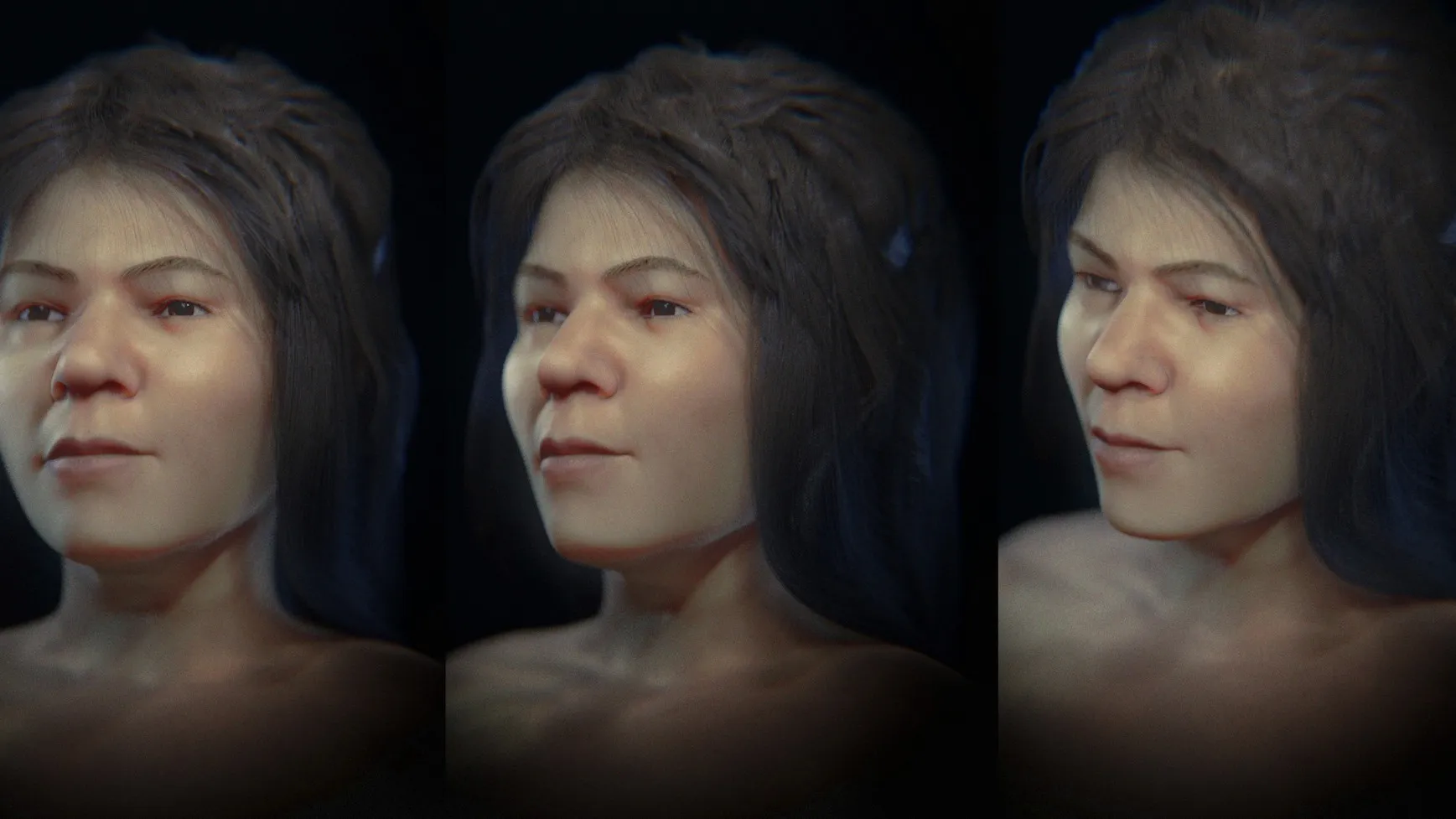
In 1881, archaeologists unearthed the skull of a human buried inside a cave in Mladeč, a village in what is now the Czech Republic. At the time, researchers dated the skull to about 31,000 years ago and classified the individual as male. But they were wrong about the Stone Age person’s sex, a new study finds.

It seems logical enough: even in their earliest history, humans must have needed something to carry their babies around in as they moved from place to place. But because little hard evidence of this exists—no infant-sling fabrics discernible in archeological digs, and very few prehistoric baby burials, besides—it’s been anybody’s guess that the practice actually took place.
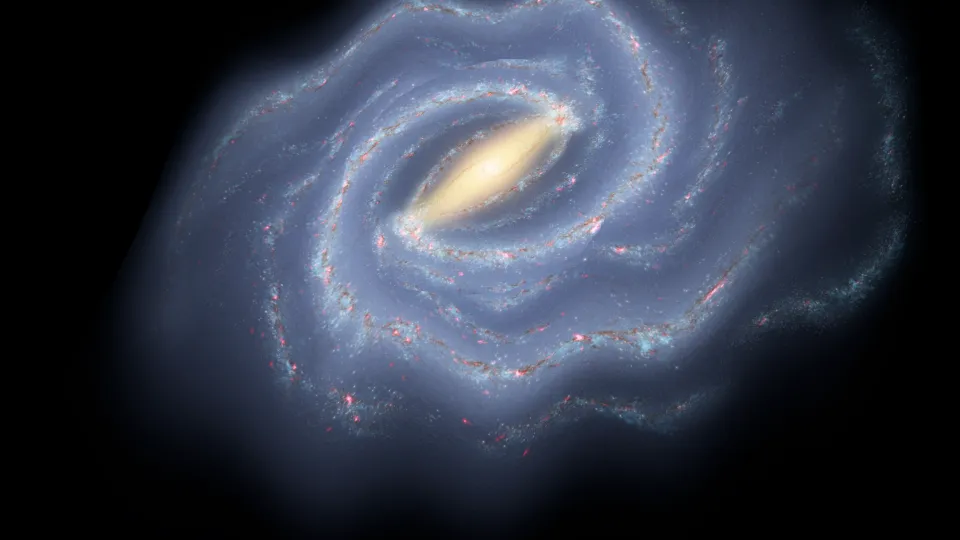
Imagine the Milky Way’s 100 billion stars as a flat, tranquil pool of water. Now, picture someone dropping a stone the size of 400 million suns into that water. The tranquility is shattered. Wave after wave of energy ripples across the galaxy’s surface, jostling and bouncing its stars in a chaotic dance that takes eons to calm.

A 3,000-year-old canoe has been found in Lake Mendota in Madison, Wisconsin, less than a year after another historical canoe dating back more than a millennium was discovered in the same body of water.
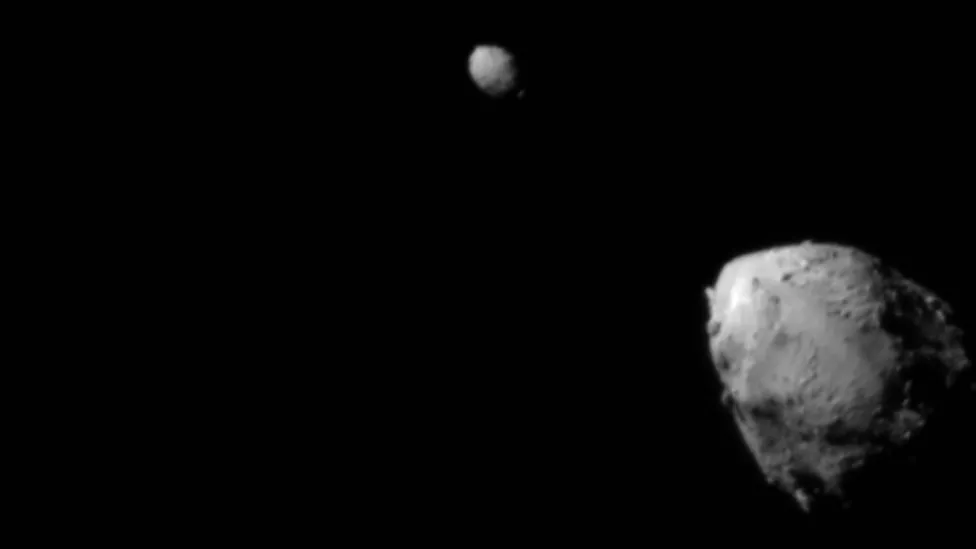
The American space agency’s Dart probe has smashed into an asteroid, destroying itself in the process. The collision was intentional and designed to test whether space rocks that might threaten Earth could be nudged safely out of the way.

Traditional custodians fighting to protect ancient rock art on the Burrup peninsula have raised concerns that construction work has begun at multiple sites despite the federal government ordering a cultural heritage assessment of the area.
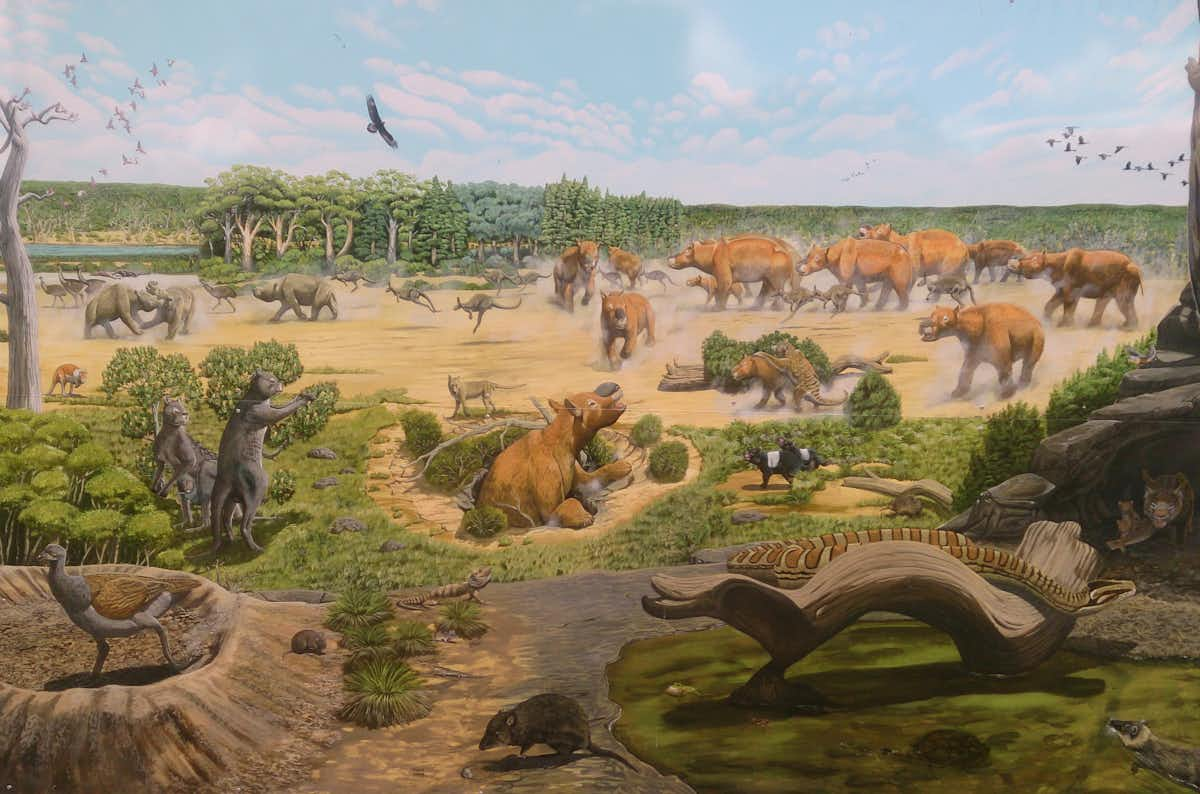
South Australia’s Naracoorte Caves is one of the world’s best fossil sites, containing a record spanning more than half a million years. Among the remains preserved in layers of sand are the bones of many iconic Australian megafauna species that became extinct between 48,000 and 37,000 years ago.
A review in Frontiers in Environmental Science has shown that this mercury pollution comes from the ancient Mayans, who appeared to use a lot of the compound at certain points in their long history.
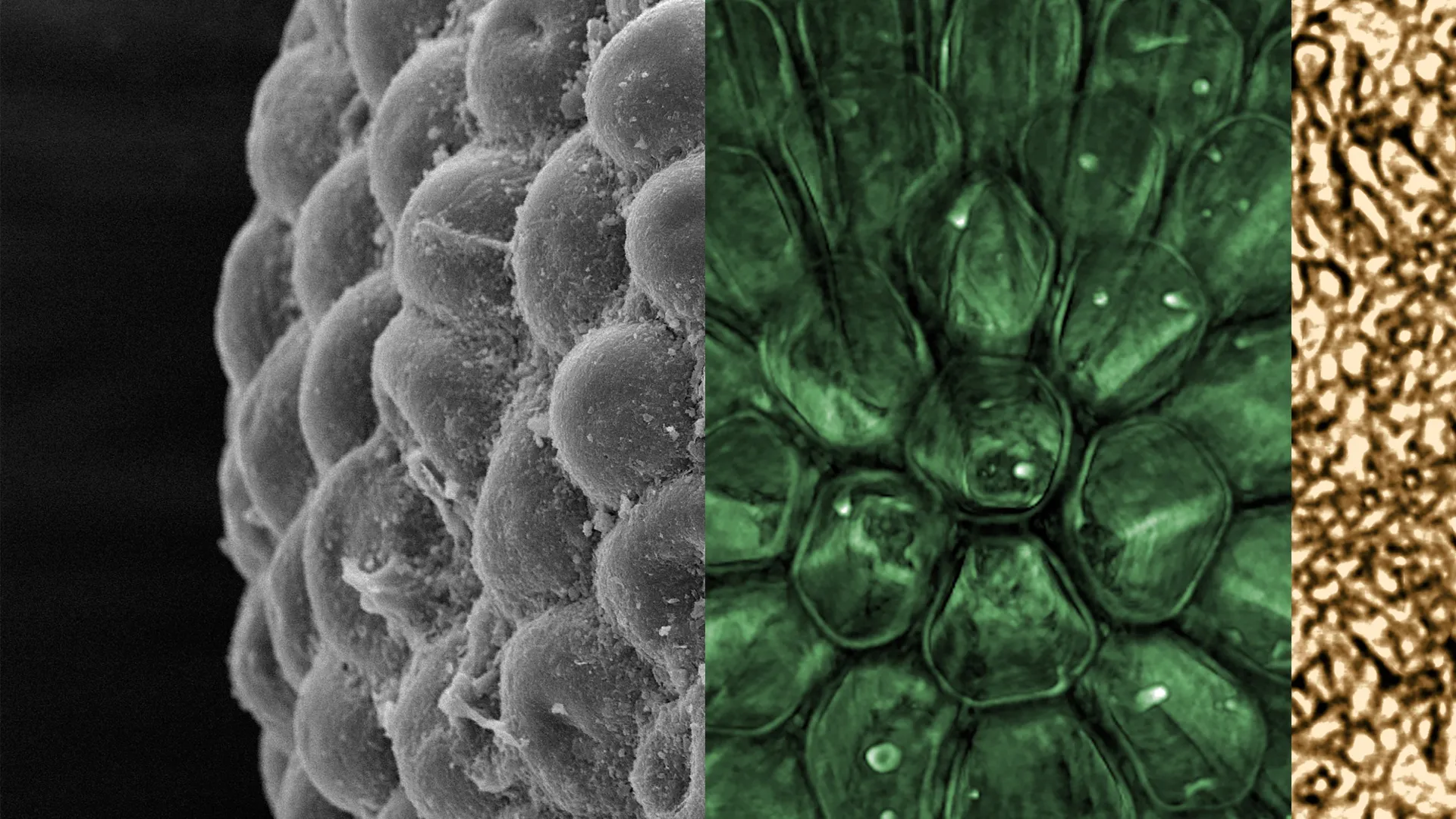
The oldest green algae preserved in three dimensions may hint that plants originated earlier than previously believed.

The findings are in the latest research to be published from analysis of 5.4 grammes of stones and dust that the Hayabusa-2 probe gathered from the asteroid Ryugu.

Char from ancient fires and stalagmites in caves hold clues to the mysterious disappearance of Neanderthals from Europe.








